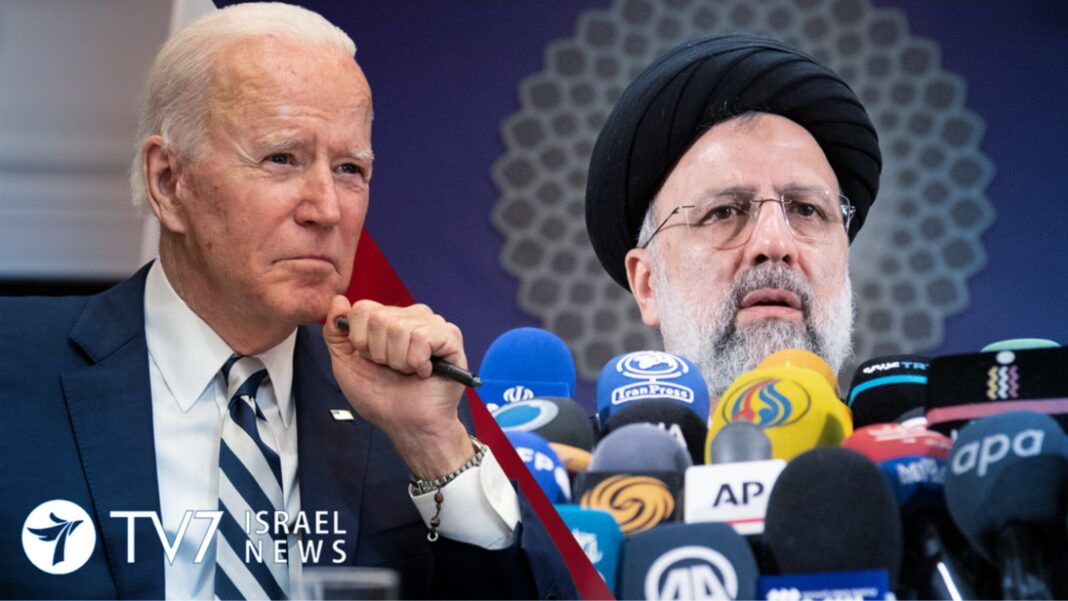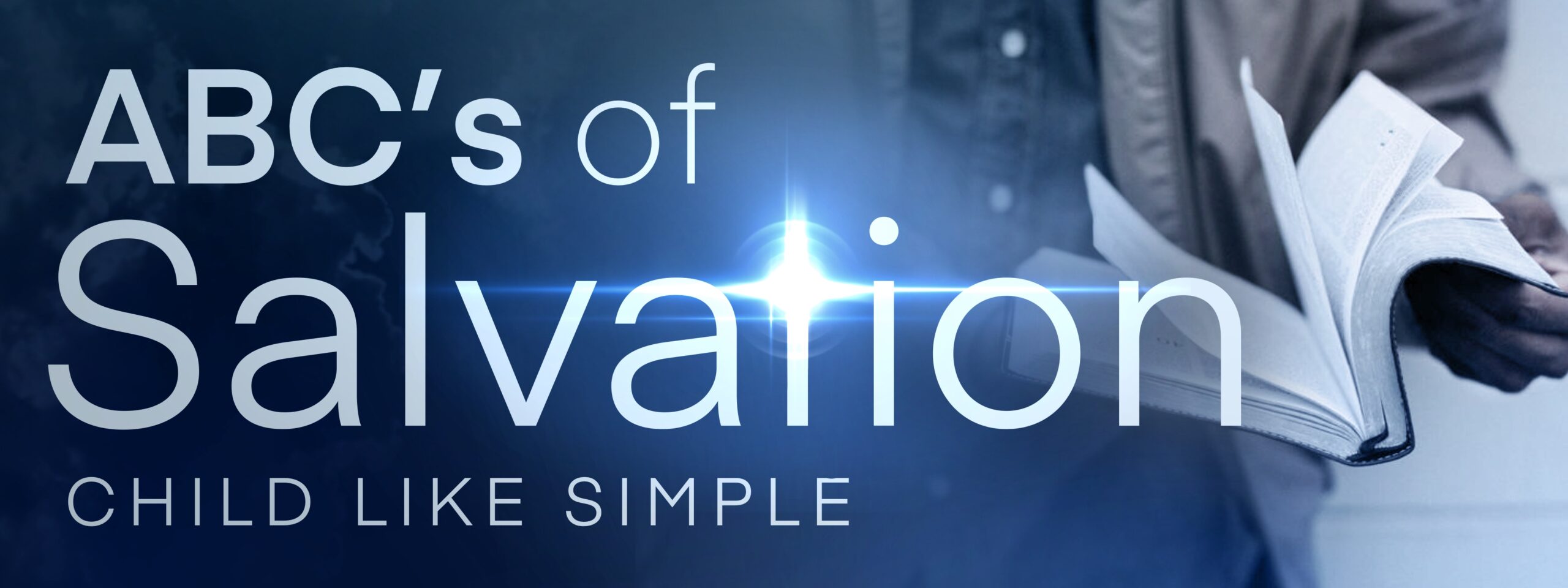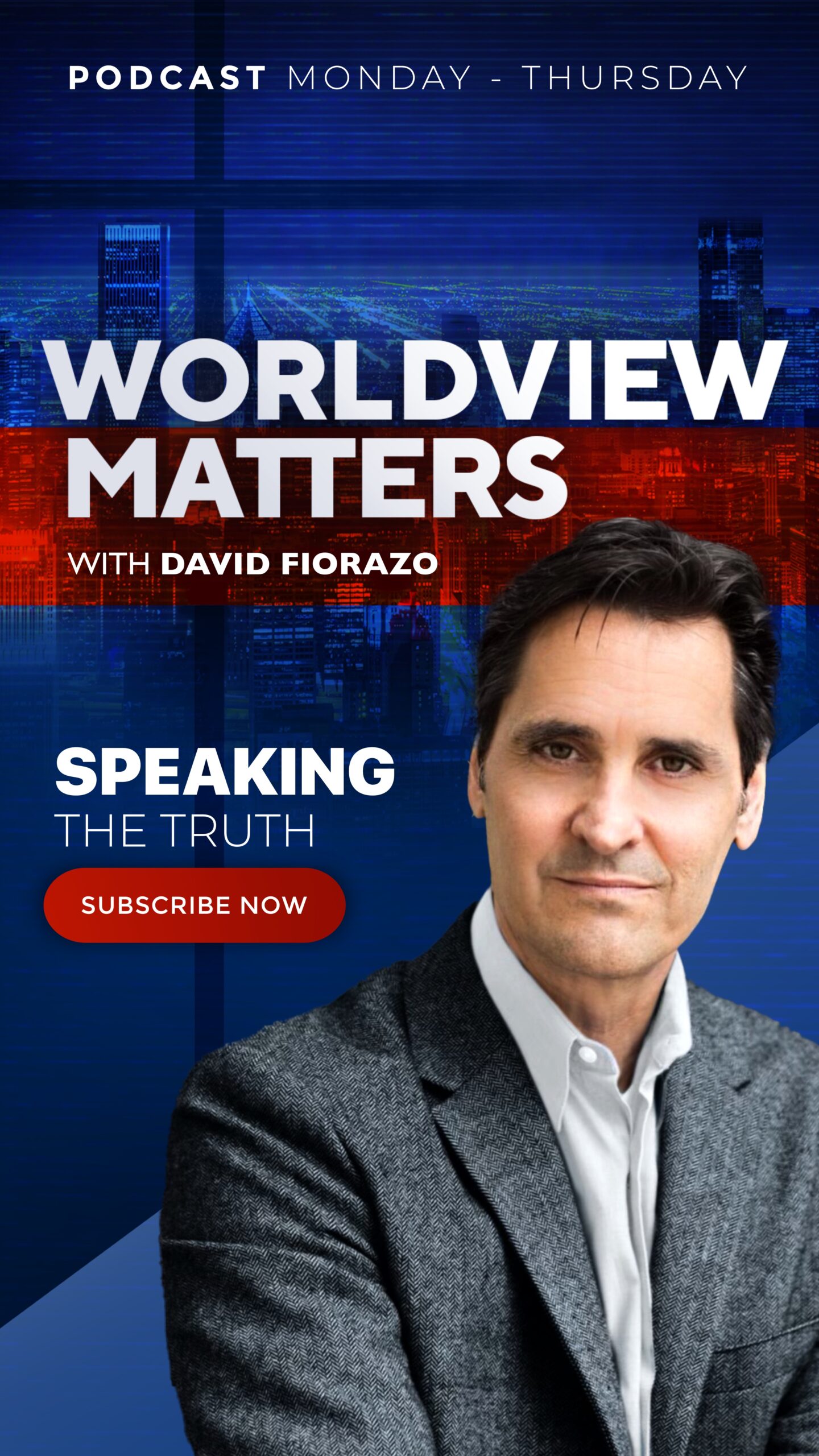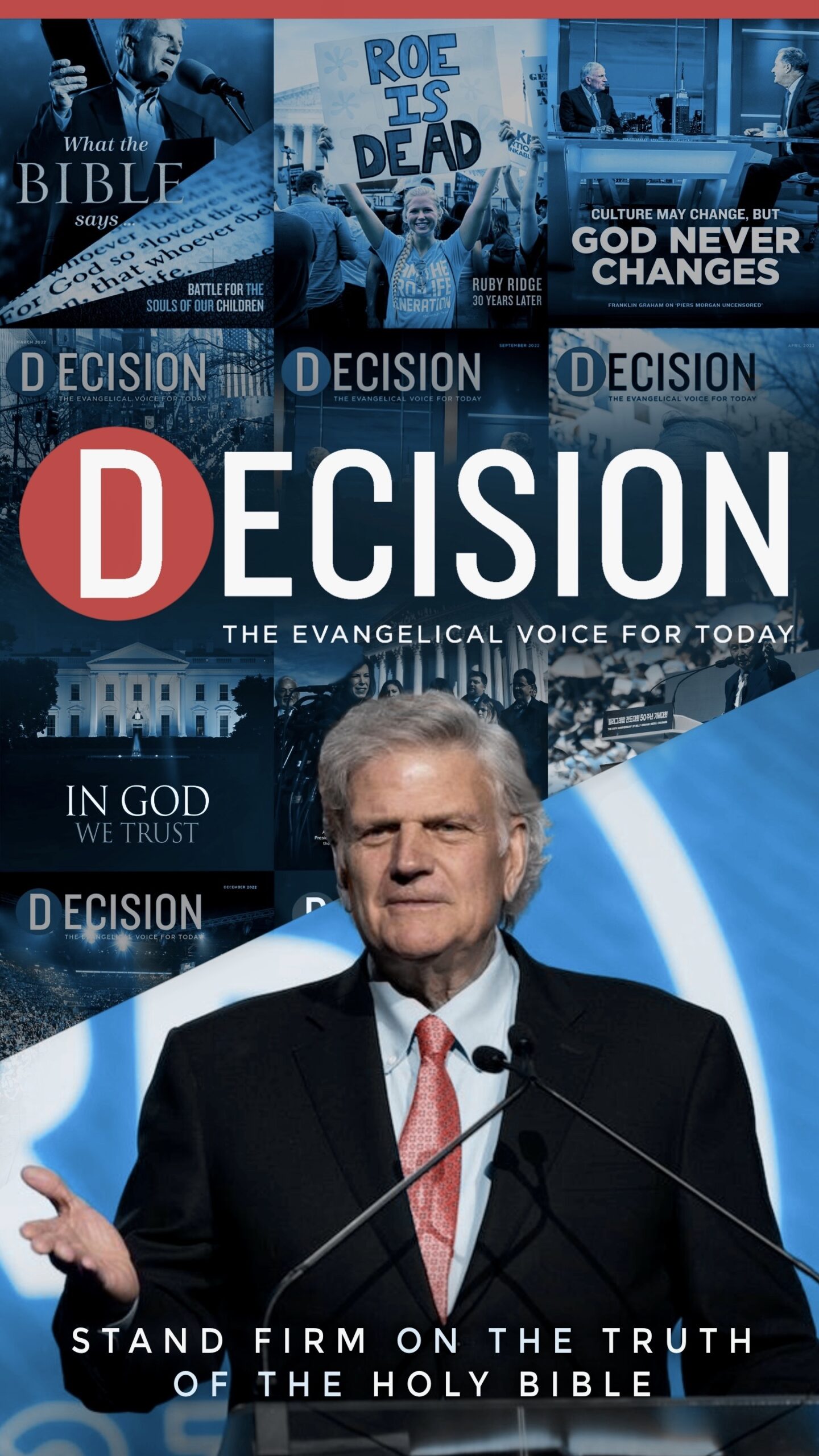Iranian President-Elect Ebrahim Raisi accused the United States of violating the 2015 Joint Comprehensive Plan of Action (JCPOA) nuclear deal, while demanding that “all US sanctions must be lifted and verified by Tehran.”
In his first news conference since winning Friday’s presidential election, the hardline judge also accused the European Union of failing to fulfil its commitments to the JCPOA.
The Iranian President-Elect said he backed the negotiations his nation is holding with six world powers to revive the nuclear deal, but flatly rejected meeting US President Joe Biden, even if Washington removed all sanctions.
When asked if he would meet Biden even if Washington agreed to remove its punitive economic measures, Raisi gave a one word answer: “No.”
Talks have been under way in Vienna since April to work out how Iran and the US can both return to compliance with the nuclear pact, which Washington abandoned in 2018 under then-President Donald Trump before re-imposing sanctions on Tehran. The Islamic Republic subsequently began to openly breach the deal’s limits on enrichment of uranium, designed to prevent it from acquiring nuclear weapons.
Raisi, 60, a strident critic of the West, will take over from pragmatist Hassan Rouhani on 3 August as Iran seeks to rid itself of the punishing sanctions that have battered its economy.
“We support the negotiations that guarantee our national interests. … America should immediately return to the deal and fulfil its obligations under the deal,” he said.
The President-Elect is himself under US sanctions, over what Washington and human rights groups say was his involvement in the extrajudicial killing of thousands of political prisoners in the Islamic Republic in 1988.
When asked about the allegations of his involvement in the murders, Raisi said: “If a judge, a prosecutor has defended the security of the people, he should be praised.”
“I am proud to have defended human rights in every position I have held so far,” he insisted.
Raisi was appointed to his current role as Chief Justice in 2019 by Iranian Supreme Leader Ayatollah Ali Khamenei. Prior to that, he served the country’s judiciary as Attorney General (2014–2016), Deputy Chief Justice (2004–2014), and the Prosecutor and Deputy Prosecutor of Tehran (1980s-1990s).
Iranian and Western officials alike say Raisi’s rise is unlikely to alter Iran’s negotiating stance in the Vienna Talks, given that final say on all major policy is handed down by Supreme Leader Khamenei.
Washington affirmed that there are no plans for US President Biden to meet with Iran’s newly elected leader.
“We don’t currently have any diplomatic relations with Iran or any plans to meet at the leader level,” White House Press Secretary Jen Psaki told reporters yesterday.
Downplaying Raisi’s influence, Psaki said that little has changed because, “Our view is that the decision maker here is the Supreme Leader.”
The White House said it would keep human rights on the table following negotiations on the nuclear deal, which just concluded a 6th round. Psaki said the Biden Administration cannot predict when or if a deal would be reached, but that officials are “looking forward to seeing where that goes.”
The US State Department said it regarded the process that elected Raisi as “pretty manufactured,” adding that officials expect the Vienna nuclear talks to resume “in the coming days.”
Gulf Arab states have stated that it would be dangerous to separate the nuclear pact from Iran’s missile program and other “destabilizing” behavior in the Middle East, where Tehran and Riyadh have fought decades of proxy wars in countries from Yemen to Iraq.
During his Monday press conference, Raisi echoed Khamenei’s stance by insisting that Iran’s “regional activities and ballistic missile program” were non-negotiable.
While maintaining that his foreign policy priority would be improving ties with Iran’s Gulf Arab neighbors, the Iranian President-Elect went on to call on regional rival Saudi Arabia to immediately halt its intervention in Yemen.
A Saudi-led coalition intervened in Yemen’s war in 2015 after Iran-backed Houthi forces ousted the government from the capital, Sanaa. The conflict has been largely been at an impasse for several years.
“The reopening of the Saudi Embassy is not a problem for Iran,” said Raisi.

SOURCE












